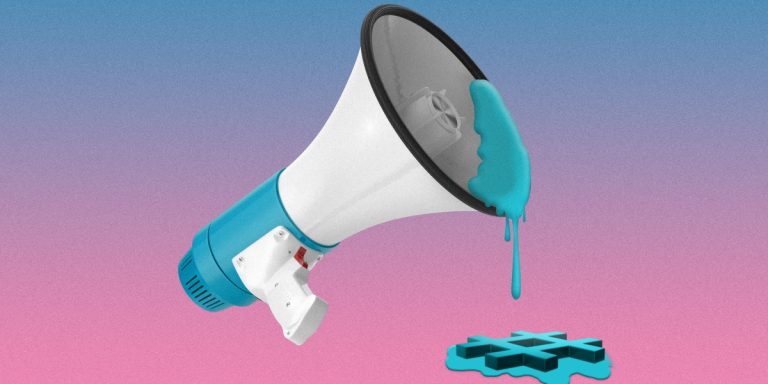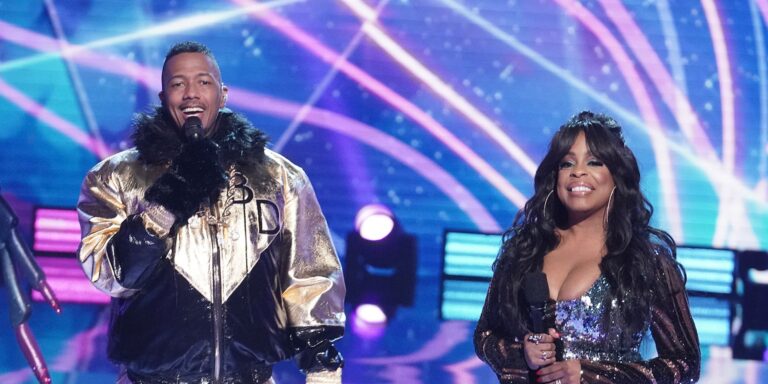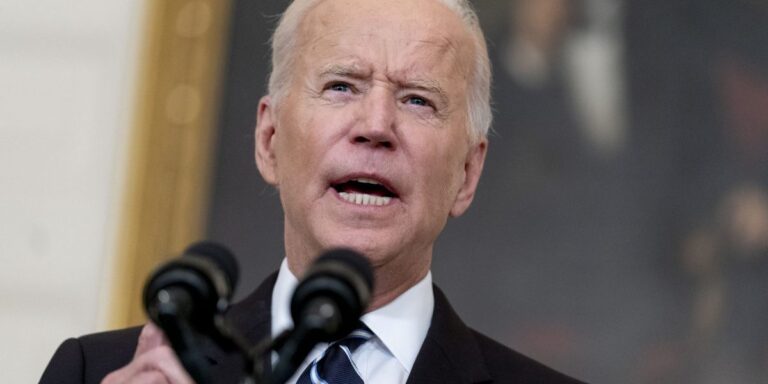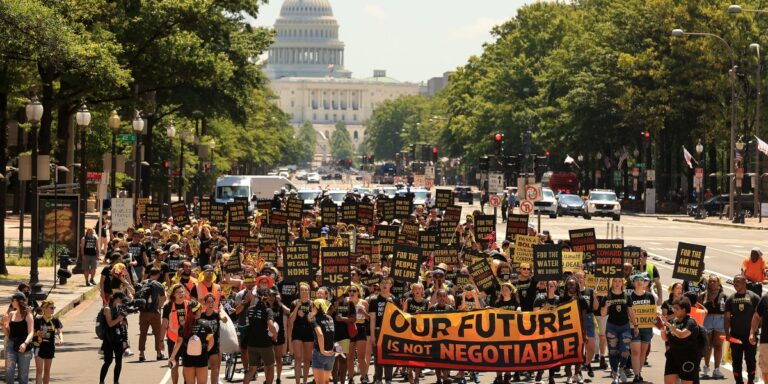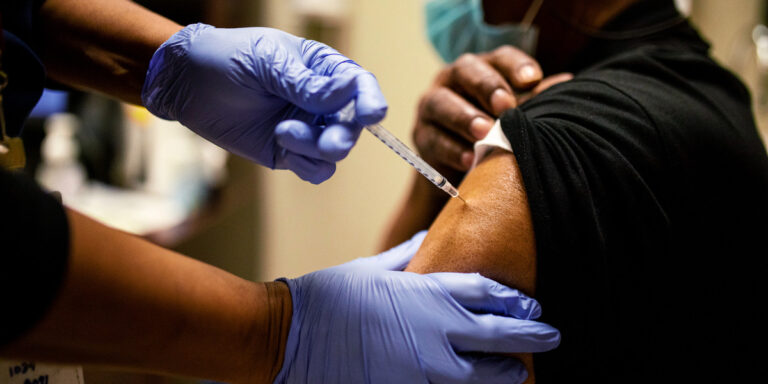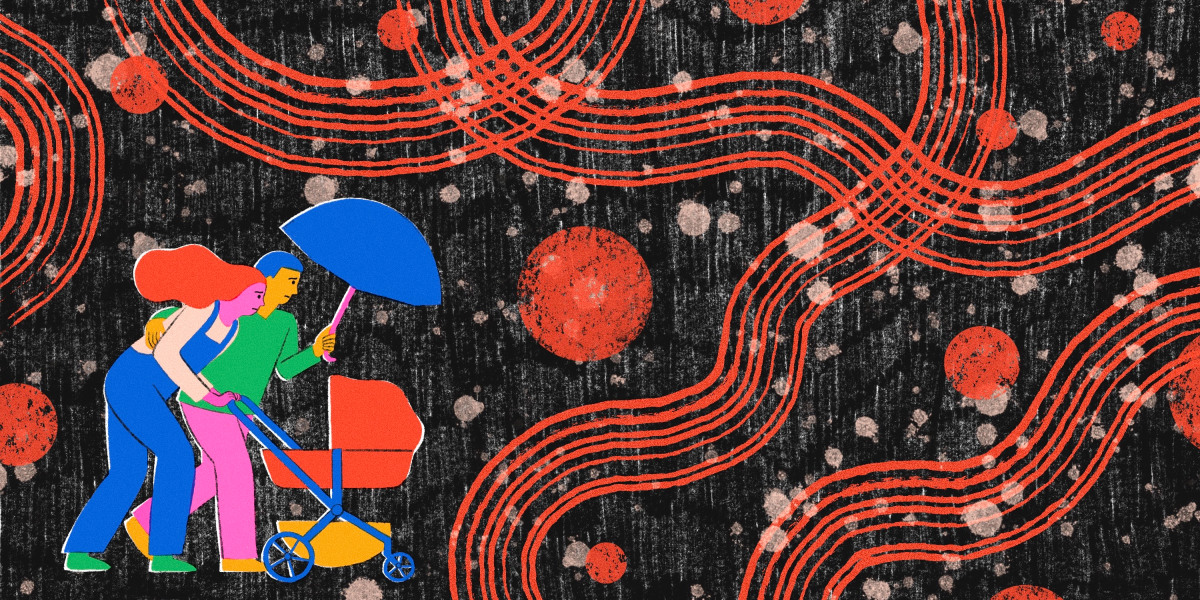
Nearly a year into this pandemic, the baby bust is only worsening. The psychological and economic stresses of the pandemic appear to be pushing families in the other direction as young people have borne the brunt of a shuttered economy. In a survey by the company Modern Fertility, 30% of respondents said they were changing their family planning decisions because of covid-19. Of those, roughly three-quarters said they would delay having children—or reconsider having them at all.
The Brookings Institution has predicted that the pandemic could result in 300,000 to 500,000 fewer births in 2021, a drop of 10% or more. What’s less clear is whether this dip reflects the anxieties of struggling would-be parents, their concerns for the future prospects of their potential children, or both.
The American capitalist promise—that members of each generation can work hard and expect to give their children a life better than their own—was broken.
This compounded covid baby bust will no doubt further depress the US birthrate, already the lowest it’s been in over three decades. And by many traditional measures of progress, a falling birth rate is an indicator of failure.
Ours was one of the last babies conceived in the hopeful naïveté of early 2020, before I knew of this specific devastation to come. But after years spent reporting on the collapse of ecosystems at human hands, I could sense the contours of what lay ahead.
Year after year, I’ve watched my California neighbors burned out of their homes by ever larger, faster-moving wildfires—and I’ve watched them rebuild in the very same places. Even in the face of chaos, our collective willingness to change seems questionable.
So many of my peers have decided not to consign another young life to inheriting this mess, and I can’t say they’re wrong. Choosing to have children is an inherently optimistic act—either because one already has hope for the world or because, having created and committed to caring for part of a new generation, one must find some.

